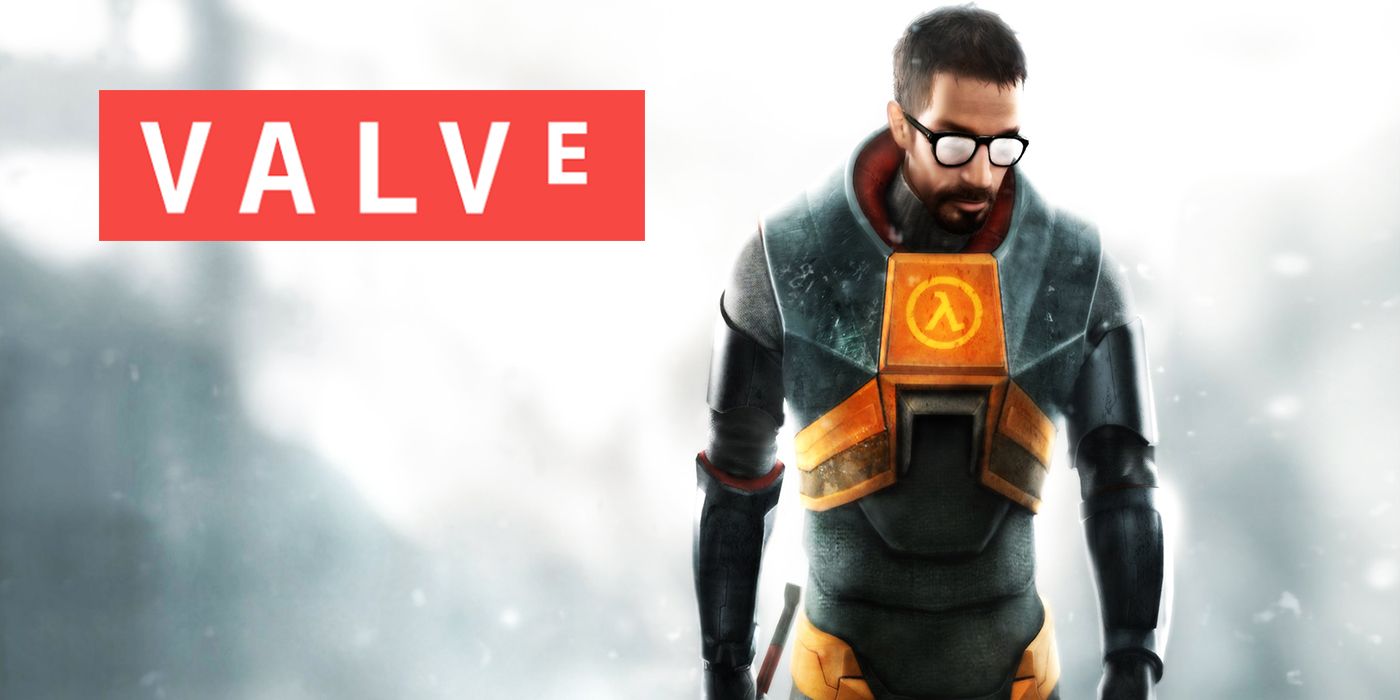Ahead of the release of the upcoming first person VR shooter Half-Life: Alyx, Valve has revealed the biggest challenge of developing Alyx's predecessor Half-Life 2. Although it was released over fifteen years ago, Half-Life 2 remains one of the most influential first person shooters ever made. Fans around the world are hoping that Valve can innovate within the space of VR like it did with first person shooters all those years ago.
The development of Half-Life: Alyx has been rumored and speculated about for upwards of a decade. After the release of Half-Life 2 in 2004, Valve released two episodic chapters that continued the story of Gordon Freeman, with a third episode planned to release in 2007. However, that didn't happen and the development of Half-Life games were subsequently put on an indefinite hiatus. Over the years, rumors of a third Half-Life installment, appropriately dubbed Half-Life 3 by fans, spread like wildfire through the gaming community until Valve announced that the third full-fledged Half-Life game was a virtual reality prequel called Half-Life Alyx.
In talking about the challenges of developing Half-Life Alyx for VR on Adam Savage's Tested, Valve's Robin Walker and Greg Coomer compared the difficulties to lessons learned from working on Half-Life 2. Robin Walker said that:
"Half-Life 2 was one of the games that came at a time when the industry was just starting to grab hold of physics simulation and bringing it into the games...the real challenge of Half-Life 2 was always finding the right balance of simulation, like where's the line between simulation and not-simulation?"
Walker then goes on to share how balancing the physics simulation of Half-Life 2 created some wonky hurdles in game development. He says that when the team at Valve turned on simulation on the player that the action of just pressing forward would cause the character to fly into a wall and instantly die. Game Designer Greg Coomer also shared how physics simulation in VR has influenced the development of Half-Life: Alyx, saying "[Half-Life: Alyx] has different kinds of simulations, like embodiment of the character." Even the best virtual reality games have had difficulty with seamlessly connecting the player's hands with the game world, which is why fans are sometimes leery of popular series making the leap to that tech.
Valve is hoping that Half-Life: Alyx will help to solve the problem of physics simulation in VR games just like Half-Life 2 revolutionized physics simulation in the game engine's of yore. The Half-Life games are some of the most renowned, technically remarkable games ever made and fans won't have to wait much longer to see how Valve used the lessons it learned developing Half-Life 2 as Half-Life: Alyx is set to launch on March 23, 2020.
Source: Adam Savage's Tested/YouTube

